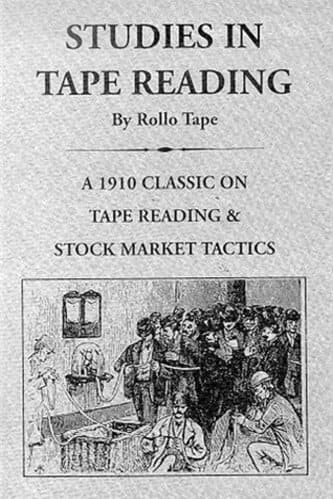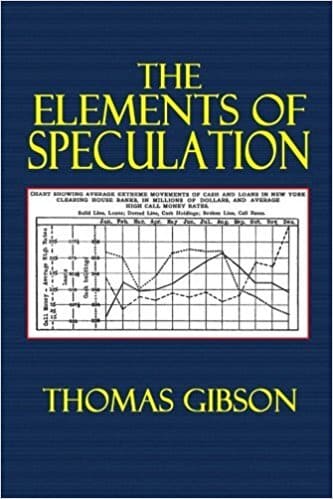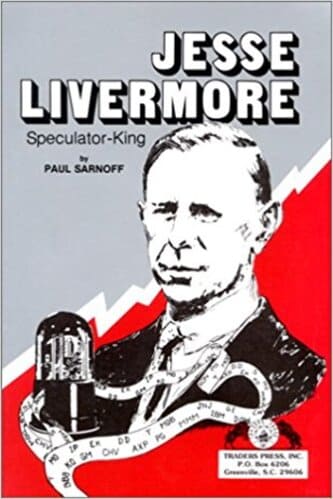Financial Markets Tick By Tick
$48.02
| Author(s) | |
|---|---|
| Format |
|
| Pages |
427 |
| Published Date |
1999 |
Financial Markets Tick by Tick is an in-depth and unique collection of analyses of the behaviour of the financial markets at the micro level. Its publication is particularly timely, given the current period of high volatility in the financial markets. LIFFE are proud to be associated with a text which features so many leading quantitative analysts, risk managers, academics and experts in this highly specialized field.
Introduction:
Financial markets are being swept by important changes affecting the way market participants interact and operate. As a recent example, both over the counter and exchange based market practitioners have considered and applied in some sort of way computerized trading as an alternative to open out-cry. These developments have contributed toward a more efficient market and potentially a better service to the end oufs er financial products. The phenomenal progress in information technology made over the last decade has been a catalyst to these changes.
Maybe a less apparent but not the least important contributor to these changes is the wider use of high frequency time price series in the decisionmaking process. The advent of second generation microprocessors has made it possible to process large amount of data within a realistic time frame to make practical use of it. Undoubtedly the analysis of high frequency data brings us a wealth of information about the behavior of financial prices and new perspectives in the field of risk management and forecasting which were previously inconceivable. It permits market practitioners to test hypotheses and new trading strategies. It provides new resources to model and generate correlation and volatility estimates input into pricing and risk models. Acknowledging the demand, statistical departments of financial exchanges and other data suppliers have started to release ”clean” high frequency price data in convenient format. This has translated into a steady flow of research papers on high frequency modelling producedb y both academics and market practitioners.
This book intends to give the reader a broad view on the uses and avenues of research presently investigated. It regroups researches from leading academics and market practitioners in the foief lhdi gh frequency data. It is structured around three sections addressing practical issues that are paramount to the financial community. The first section of the book is dedicated to price volatility and risk estimators, the second section concentrates on statistical features and forecasting issues. Finally, the last section illustrates how ”tick data” affect the way that market practitioners operatein the financial markebtsy giving practical examples of applications.
Contents:
- Efficient Estimation of Intra-day Volatility: A Method-of-Moments Approach Incorporating the Trading Range
- Modelling Intra-day Equity Prices and Volatility Using Information Arrivals- A Comparative Study of Different Choices of Informational Proxies
- The Incremental Volatility Information in One Million Foreign Exchange Quotations
- Correlation of High-Frequency Financial Time Series
- Highs and Lows: Times of the Day in the Currency CME Market
- The Intra-day Behaviour of Key Market Variables for LIFFE Derivatives
- Price Discovery and Market Integration in European Bond Markets
- A Practical Approach to Information Spillover at High Frequency: Empirical Study of the Gilt and FTSE LIFFE Contracts
- High-Frequency Random Walks?
- Trading Rules Profits and the Underlying Time Series Properties
- The Sources, Preparation and Use of High Frequency Data in the Derivatives Markets
- The Design of a Quantitative Currency Overlay Program
- Constructing A Managed Portfolio of High Frequency LIFFE Futures Positions
- Is Short Tenn Better? An Insight Through Managed Futures Performances
Financial Markets Tick By Tick By Pierre Lequeux pdf
1 review for Financial Markets Tick By Tick
Clear filtersOnly logged in customers who have purchased this product may leave a review.










Marlon Yoder (verified owner) –
“Financial markets tick by tick” came out in 1999 – the latest reference is from 1998 – and if one accepts its estimate that academic research on high-frequency financial data started in mid-1990s, the implication is that it covers five years of research – and omits the subsequent eleven and counting.
If being up-to-date is out of question, does the book merit attention based on its pedagogical value, as a collection of old but important papers? Not by a long shot: the papers are OK, but none (including the two by big-name contributors) struck me as of lasting or broad interest.
I was underwhelmed by editorial effort – the introductory overview attributed to one of the papers results it did not present, and at least one of the selections (currency overlays in Chapter 12) had nothing to do with high-frequency stuff but made the cut regardless, accompanied by editor’s own paper. It goes without saying that no proof-readers were involved in the project – this is a Wiley book, after all.
In 2020, there is no reason to buy this book: browsing SSRN will do you a lot more good.